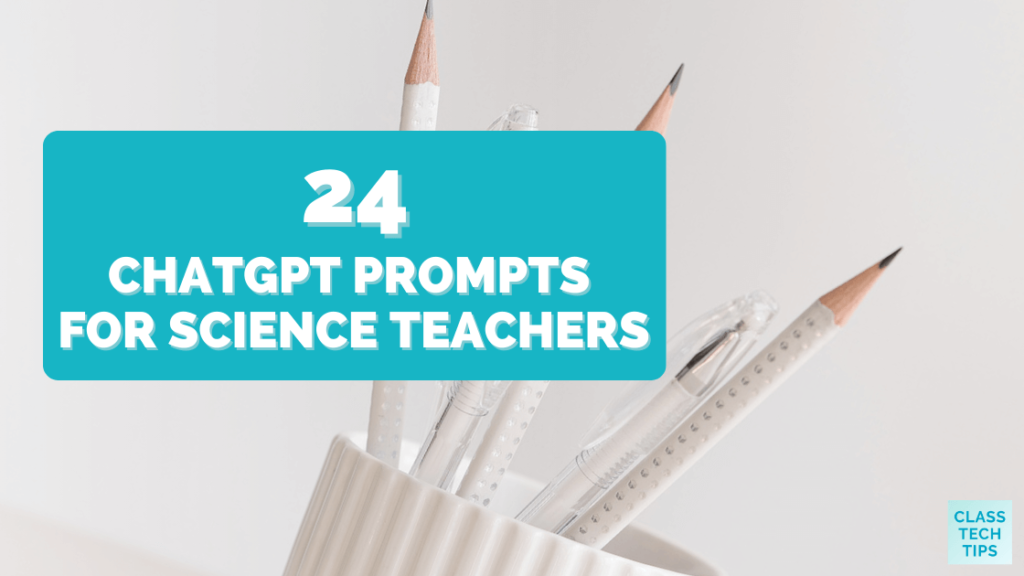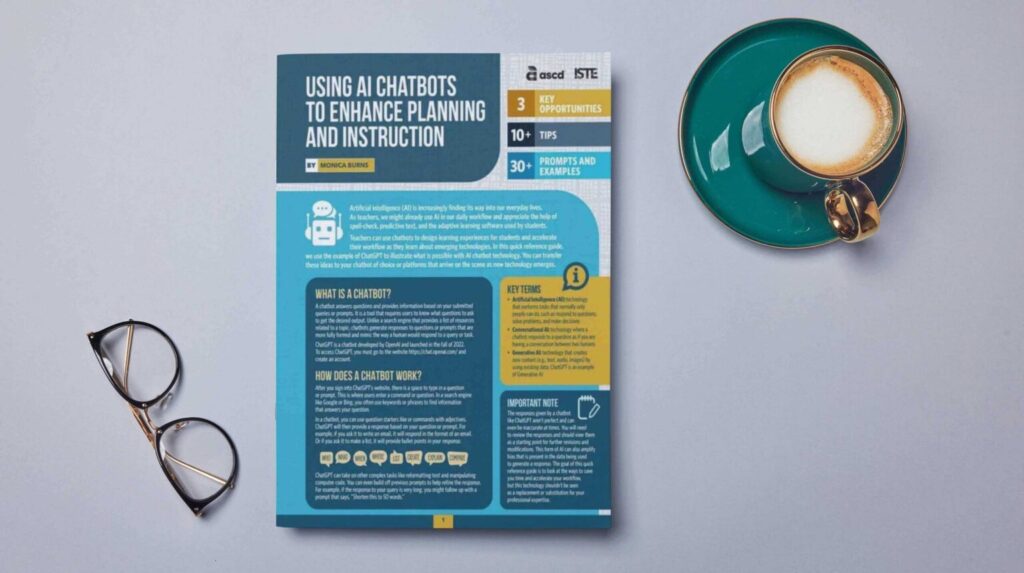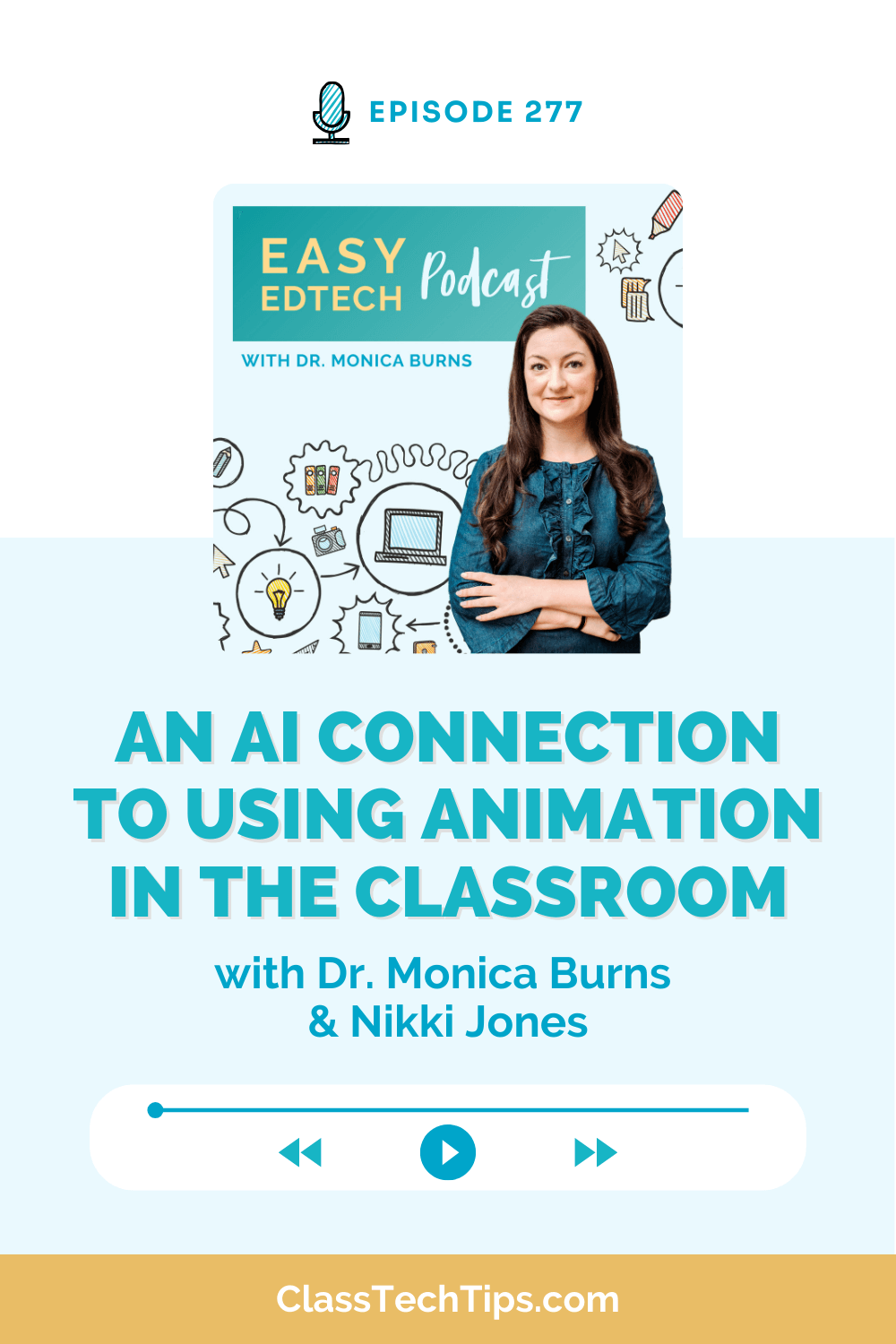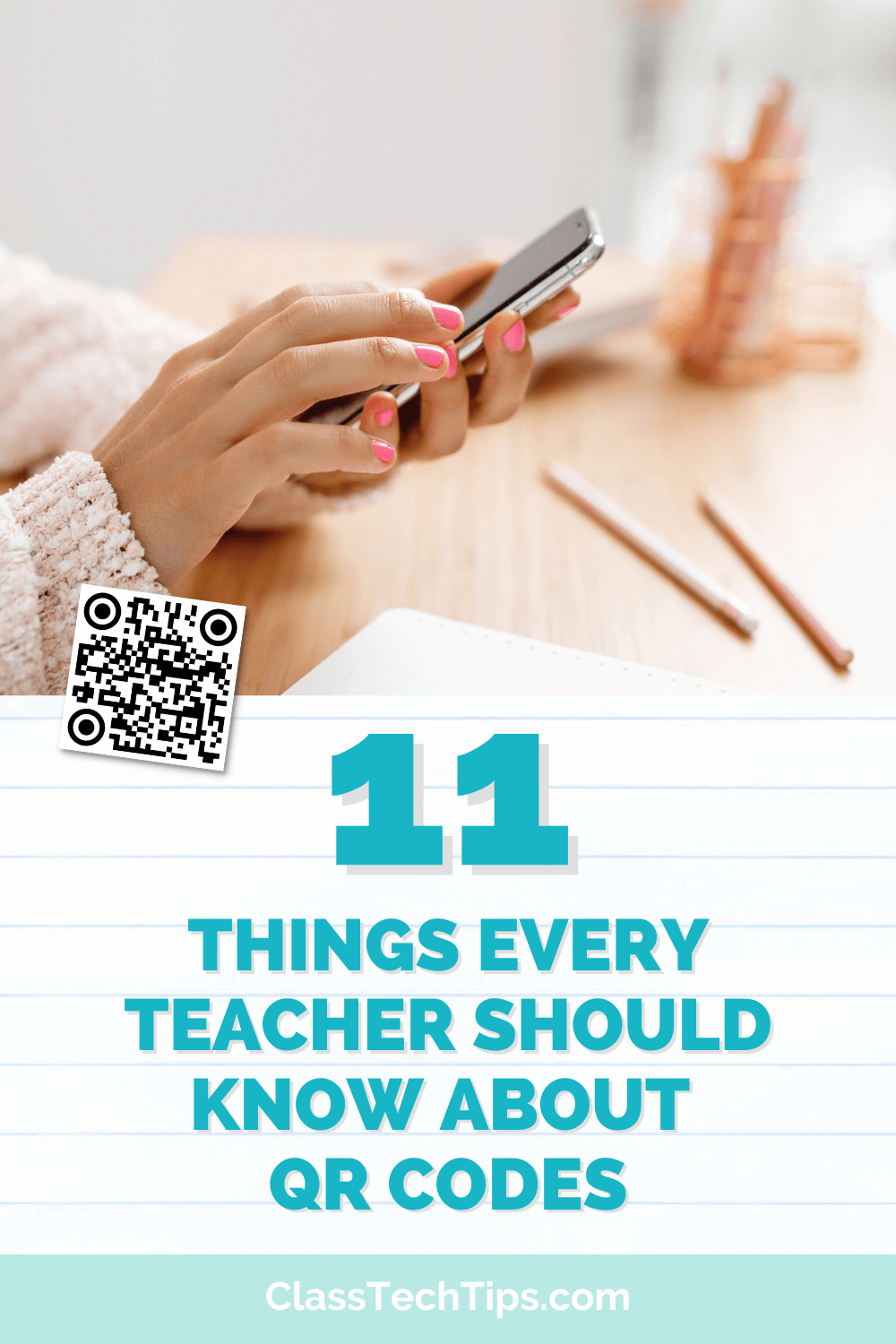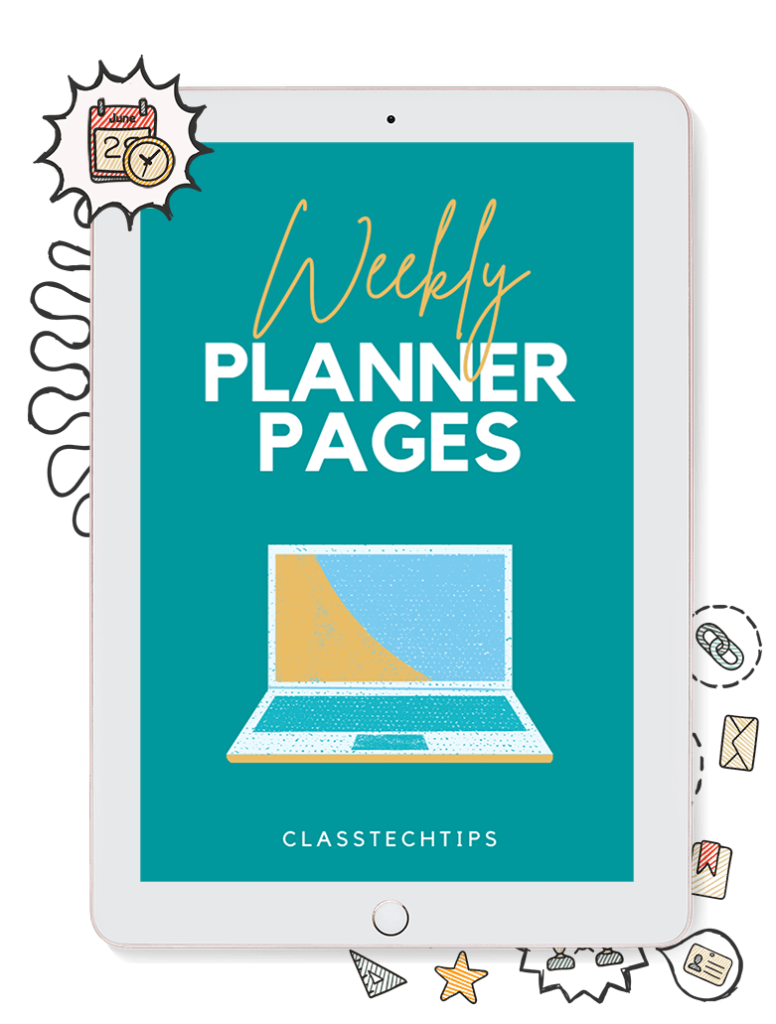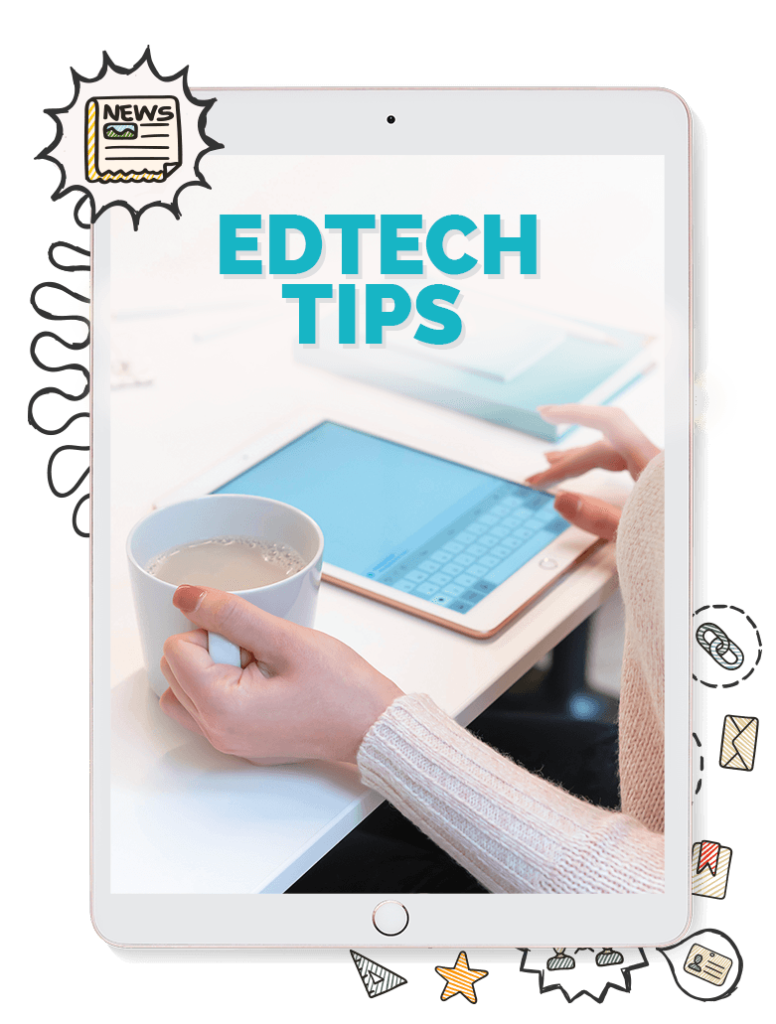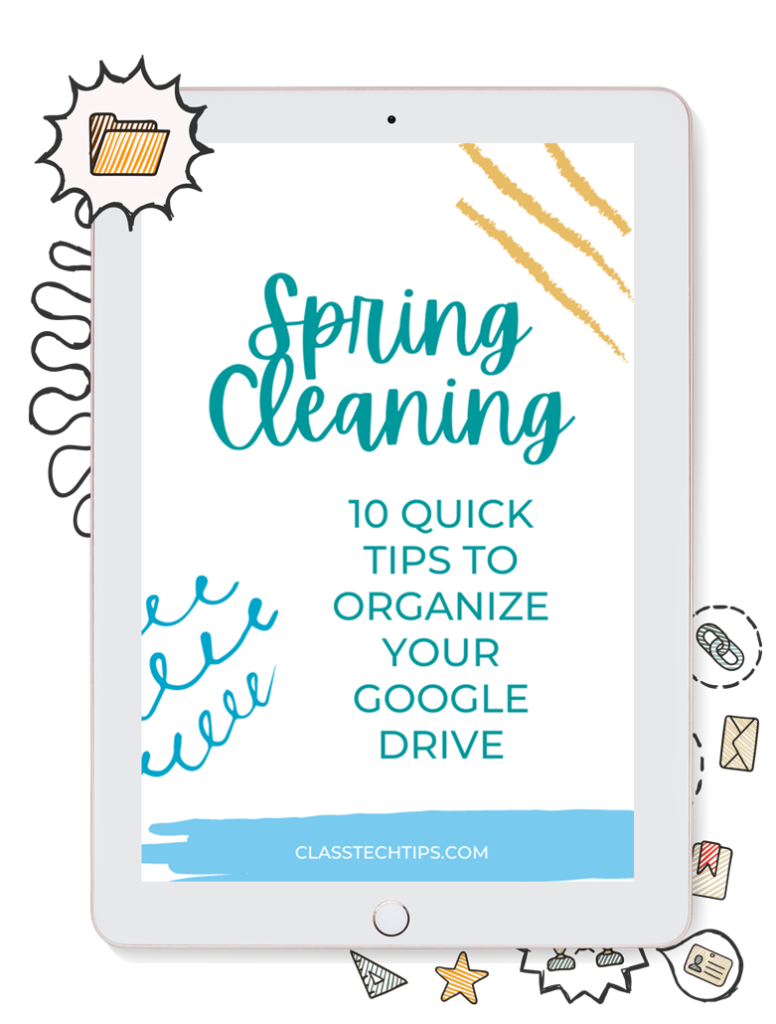Have you used chatbots in your science classroom? Generative artificial intelligence (AI) can help support your instructional planning this school year. You can use chatbots like ChatGPT, Bard, or Claude to gather ideas for activities, assessments, and more. Today on the blog, I have 24 ChatGPT prompts for science teachers.
Although this blog post features ChatGPT prompts for science teachers, you can use this technology in any subject area. This link will take you to a free download with 60+ prompts for educators, and you can also find posts on my blog for math teachers and ELA teachers. Let’s take a look at a handful of prompts to try out if you are teaching science this school year.
24 ChatGPT Prompts for Science Teachers
When it comes to using generative AI like ChatGPT, it’s all about the prompt. The list below includes 24 prompts you can tailor to your needs this school year. Remember, these are a starting point, and you can customize the prompts and then adapt the responses to what would work best in your classroom.
Hands-On Activities
Can you recommend a lab activity that [grade of students] can perform to observe [scientific concept] in action?
Craft a sequence of [number] laboratory activities for [grade of students] to better understand [scientific concept].
Design a plan for a [number of days] activity where [grade of students] investigate their own hypotheses related to [scientific concept].
Technology Integration
How could [grade of students] use simulations or virtual labs to study [scientific concept]?
Our students have access to [device/program]. Suggest an interactive online activity or resource for learning about [scientific concept].
How can [grade of students] use a spreadsheet tool like Google Sheets or Excel to analyze data related to [scientific concept]?
How can [grade of students] use coding or programming to create a project related to [scientific concept]?
Suggest virtual field trips or guest speakers related to [scientific concept].
Curriculum and Theme Integration
What are some engaging ways to introduce [grade of students] to [scientific concept]?
How could you incorporate cross-curricular connections in a unit on [scientific concept]?
We are a magnet school with the theme [add theme]. Make a list of ways to incorporate this theme in a unit on [scientific concept].
Suggest ways to connect [student interest] to [topic] to help [grade of students] better understand [scientific concept].
Discussion and Reflection
Create a series of [number] discussion prompts for [grade of students] to analyze [scientific concept].
List [number] journal prompts for [grade of students] to reflect on their understanding and personal connection to [scientific concept].
Draft [number] debate prompts for [grade of students] to discuss different interpretations or aspects of [scientific concept].
Vocabulary and Content Understanding
Make a list of some important scientific vocabulary that [grade of students] should know when studying [scientific concept].
What are some real-world applications of [scientific concept] that [grade of students] could investigate?
What are some potential misconceptions [grade of students] might have about [scientific concept], and how can they be addressed?
Generate a list of [number] key scientific terms or phrases that [grade of students] will encounter when studying [scientific concept].
Make a list of podcasts that connect to [scientific concept] that are appropriate and interesting for [grade of students].
Make a list of [number] potential research topics related to [scientific concept] for [grade of students] to investigate.
Develop a detailed lesson plan for [grade of students] to introduce the applications of [scientific concept] in everyday life.
Write a song to the tune of [name of song] that introduces students to key vocabulary words like [add vocabulary] about [add topic].
Suggest ways that [grade of students] could use data analysis or graphing to explore [scientific concept].
Using These Prompts for Science Teachers
These ChatGPT prompts for science teachers can help you save time this school year. They’re flexible, can be tweaked for different ages and topics, and might just be the spark you need to energize your science lessons. These prompts are perfect for generating ideas you can further customize to make learning science exciting and relatable for your students.
Looking for more ways to use artificial intelligence this school year? Head over to this new landing page full of AI resources for educators. And if you have a favorite prompt to use with ChatGPT, Claude, Bard, or another chatbot, let me know by sending me a direct message on Instagram or Twitter or replying to one of my weekly newsletters (sign up here).
Dive into the world of AI-enhanced teaching and see how it turns your classroom into a hub of curiosity and discovery!
